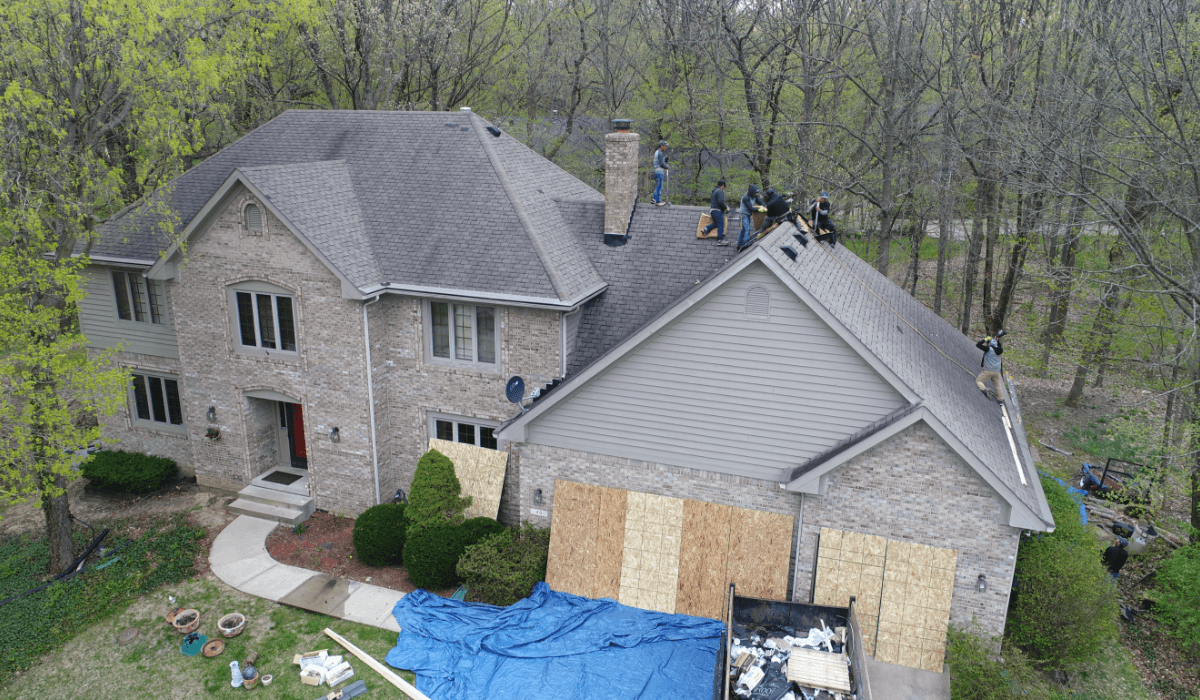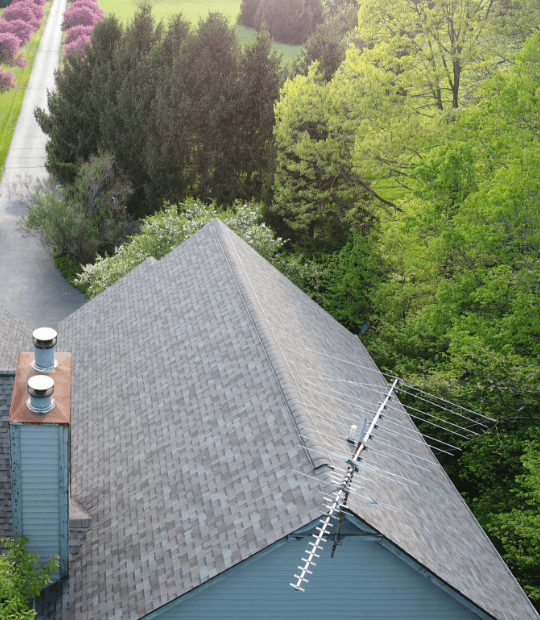Your roof, a silent guardian against the elements, plays a pivotal role in safeguarding your home. Regular roof inspections are the unsung heroes in the battle against wear and tear, providing a shield for your investment and ensuring the longevity of your roof. In this blog, we explore the crucial role of roof inspections in maximizing the lifespan of your roofing system.
Understanding the Importance of Roof Lifespan
A roof is more than just shingles and beams; it's your first line of defense against rain, wind, snow, and sunlight. As such, the lifespan of your roof directly correlates with its ability to withstand these elements. A well-maintained roof not only protects your home's structural integrity but also enhances its overall curb appeal.
The Role of Roof Inspections
Roof inspections are the cornerstone of preventive maintenance. Rather than waiting for visible signs of damage, proactive inspections allow you to identify and address issues before they escalate. A certified roofing professional can conduct a comprehensive inspection, assessing various components such as shingles, flashing, gutters, and ventilation systems. Let's delve into the key aspects of how roof inspections contribute to maximizing your roof's lifespan.
- Early Detection of Damage:
Roof inspections enable the early detection of damage caused by weather, debris, or natural wear and tear. Identifying issues like loose shingles, damaged flashing, or clogged gutters allows for timely repairs, preventing further deterioration. - Preventing Leaks and Water Damage:
A well-maintained roof is your best defense against water infiltration. Roof inspections help identify vulnerable points that could lead to leaks. Addressing these vulnerabilities promptly ensures your home remains dry and free from water damage. - Extending Shingle Lifespan:
Shingles bear the brunt of weather conditions, and their lifespan is a critical factor in your roof's overall durability. Regular inspections help identify and replace damaged or missing shingles, preserving the integrity of the entire roofing system. - Ensuring Proper Ventilation:
Adequate ventilation is essential for a healthy roofing system. During inspections, professionals assess ventilation systems to ensure they function correctly. Proper ventilation prevents moisture buildup, reducing the risk of mold and rot. - Addressing Flashing Issues:
Flashing, the material that seals joints and seams in the roof, is susceptible to damage over time. Roof inspections allow for the identification and repair of compromised flashing, preventing water infiltration and maintaining the roof's resilience. - Gutter Maintenance:
Clogged or damaged gutters can lead to water pooling on the roof, causing structural damage and leaks. Regular inspections include gutter assessments, ensuring they are free of debris and function properly in directing water away from the roof.
Frequency of Roof Inspections
The frequency of roof inspections depends on various factors, including the age of your roof, the local climate, and the type of roofing material. However, a general rule of thumb is to schedule inspections at least twice a year – ideally in the spring and fall. Additionally, it's advisable to schedule an inspection after severe weather events, such as storms or heavy snowfall.
DIY vs. Professional Roof Inspections
While homeowners can perform basic visual inspections from the ground, a professional roof inspection offers a more comprehensive evaluation. Certified roofing professionals have the expertise to identify subtle signs of damage that may go unnoticed to the untrained eye. Their assessments are thorough, covering all aspects of the roofing system.
Maximizing the lifespan of your roof requires a proactive approach centered around regular roof inspections. By investing in preventive maintenance, you not only extend the life of your roof but also mitigate the risk of costly repairs and water damage. Whether your roof is a few years old or nearing the end of its expected lifespan, timely inspections are the key to ensuring it continues to provide reliable protection for your home. Remember, a well-maintained roof is not just an investment in your property; it's a safeguard for the comfort and longevity of your home.



